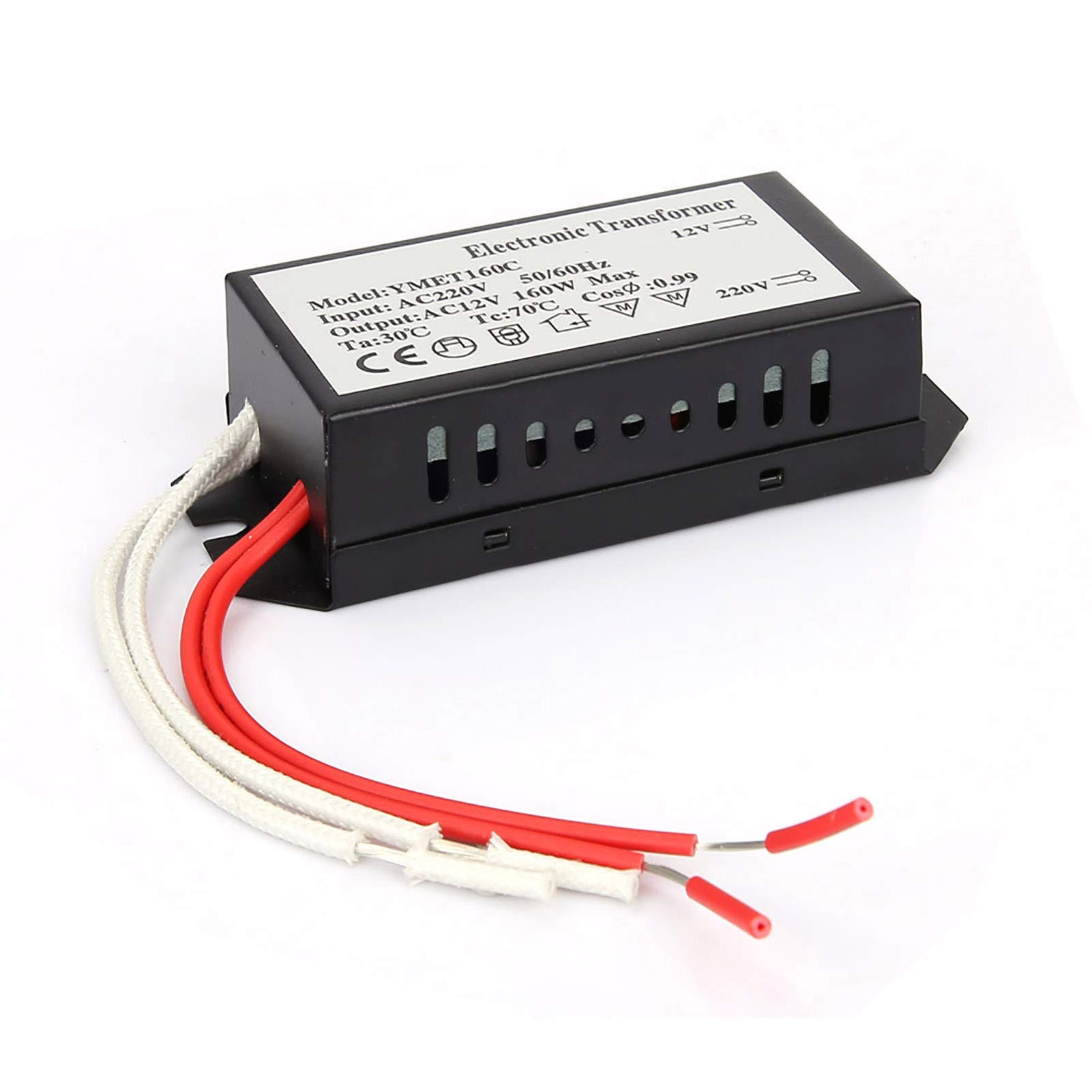As the cold months approach, the quest for efficient heating solutions becomes paramount for homeowners and businesses alike. With rising energy costs and an increasing focus on sustainability, understanding which type of heater uses the least electricity is essential for making informed decisions. This article delves into various heating technologies, comparing their energy consumption, efficiency, and overall effectiveness to help you choose the best option for your needs.
Understanding Heating Technologies
Before we explore the most energy-efficient heaters, it’s crucial to understand the different types of heating technologies available on the market. The primary categories include:
- Electric Resistance Heaters: These heaters convert electrical energy directly into heat. Common types include baseboard heaters, wall-mounted units, and portable space heaters. While they are easy to install and operate, they tend to consume a significant amount of electricity.
- Heat Pumps: Heat pumps are versatile systems that can both heat and cool spaces. They work by transferring heat from one place to another, using electricity to move heat rather than generate it. This makes them highly efficient, especially in moderate climates.
- Infrared Heaters: These heaters emit infrared radiation, which directly warms objects and people in the room rather than the air. They are known for their quick heating capabilities and lower energy consumption compared to traditional electric heaters.
- Gas Heaters: Utilizing natural gas or propane, gas heaters can be more economical than electric options, especially in areas where gas prices are lower. However, they require proper ventilation and may not be suitable for all homes.
- Radiant Floor Heating: This system involves installing heating elements beneath the floor, providing even heat distribution. While installation can be costly, the efficiency and comfort it offers can lead to lower energy bills over time.
The Most Energy-Efficient Options
When considering which type of heater uses the least electricity, several factors come into play, including the heater's efficiency rating, the size of the space being heated, and the local climate. Here’s a closer look at the most energy-efficient options:
- Heat Pumps
Heat pumps are often regarded as the gold standard in energy-efficient heating. They can achieve efficiency ratings of 300% to 400%, meaning they can produce three to four units of heat for every unit of electricity consumed. This high efficiency is particularly advantageous in moderate climates, where the temperature difference between indoor and outdoor air is minimal.
Types of Heat Pumps:
- Air Source Heat Pumps: These extract heat from the outside air and are suitable for most residential applications.
- Ground Source (Geothermal) Heat Pumps: These systems utilize the stable temperature of the ground, making them even more efficient, but they require a higher upfront investment.
- Infrared Heaters
Infrared heaters are gaining popularity due to their low energy consumption and immediate warmth. They can be up to 50% more efficient than traditional electric heaters because they heat objects directly rather than the air. This makes them ideal for spot heating in smaller spaces or for use in well-insulated areas.
- Gas Heaters
While not electric, gas heaters can be a cost-effective alternative in regions with low natural gas prices. They typically have a higher heat output compared to electric resistance heaters, which can lead to lower overall energy costs. However, it’s essential to consider the environmental impact of fossil fuels when opting for gas heating.
Factors Influencing Energy Consumption
When selecting a heater, it’s important to consider several factors that can influence energy consumption:
- Insulation: Proper insulation can significantly reduce heating needs, allowing for smaller, more efficient heaters to be used.
- Thermostat Control: Smart thermostats can optimize heating schedules, ensuring that energy is not wasted when spaces are unoccupied.
- Zoning: Implementing a zoned heating system allows you to heat only the areas in use, further reducing electricity consumption.
Conclusion
In conclusion, the quest for the heater that uses the least electricity is multifaceted, involving an understanding of various heating technologies and their efficiencies. Heat pumps, particularly air source and geothermal options, stand out as the most energy-efficient choices, while infrared heaters offer a practical solution for localized heating needs. Gas heaters can also provide cost-effective alternatives in certain regions.


